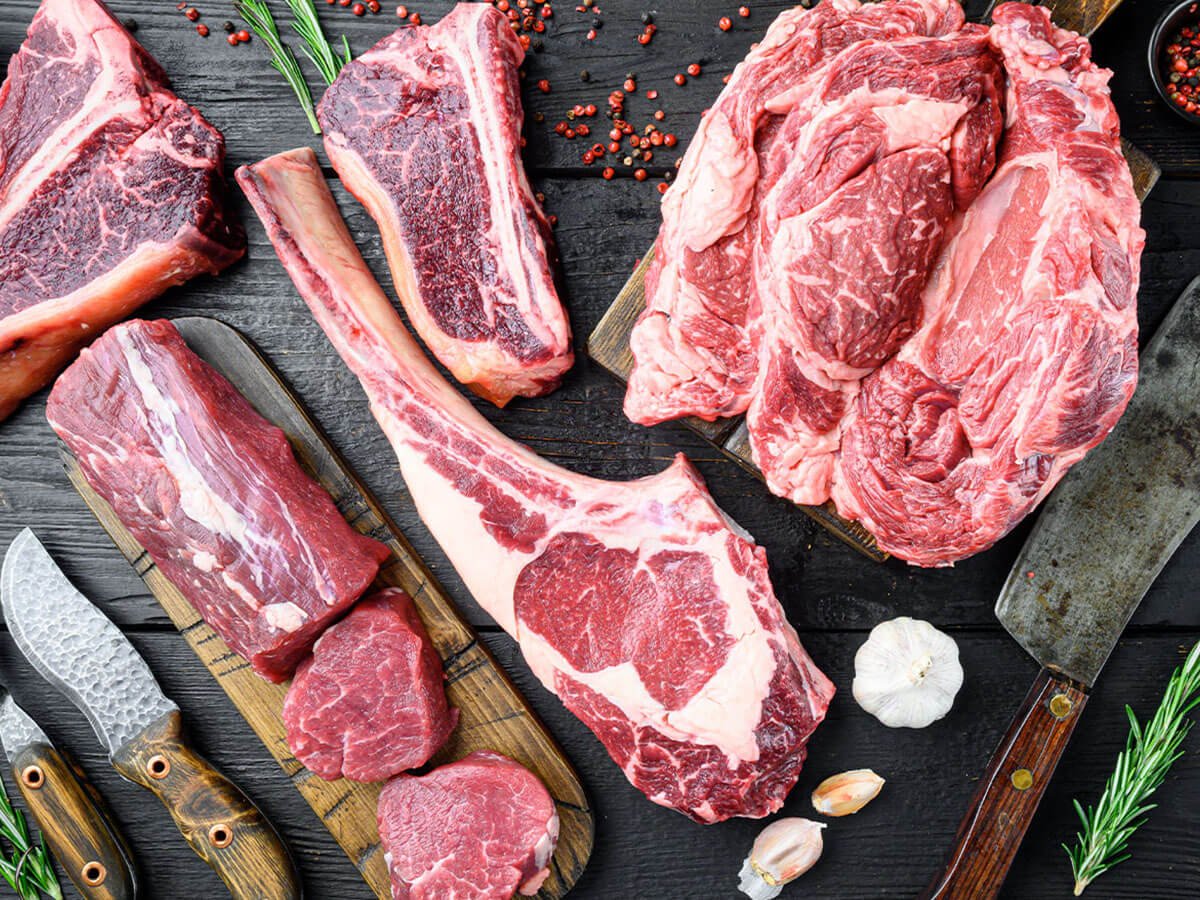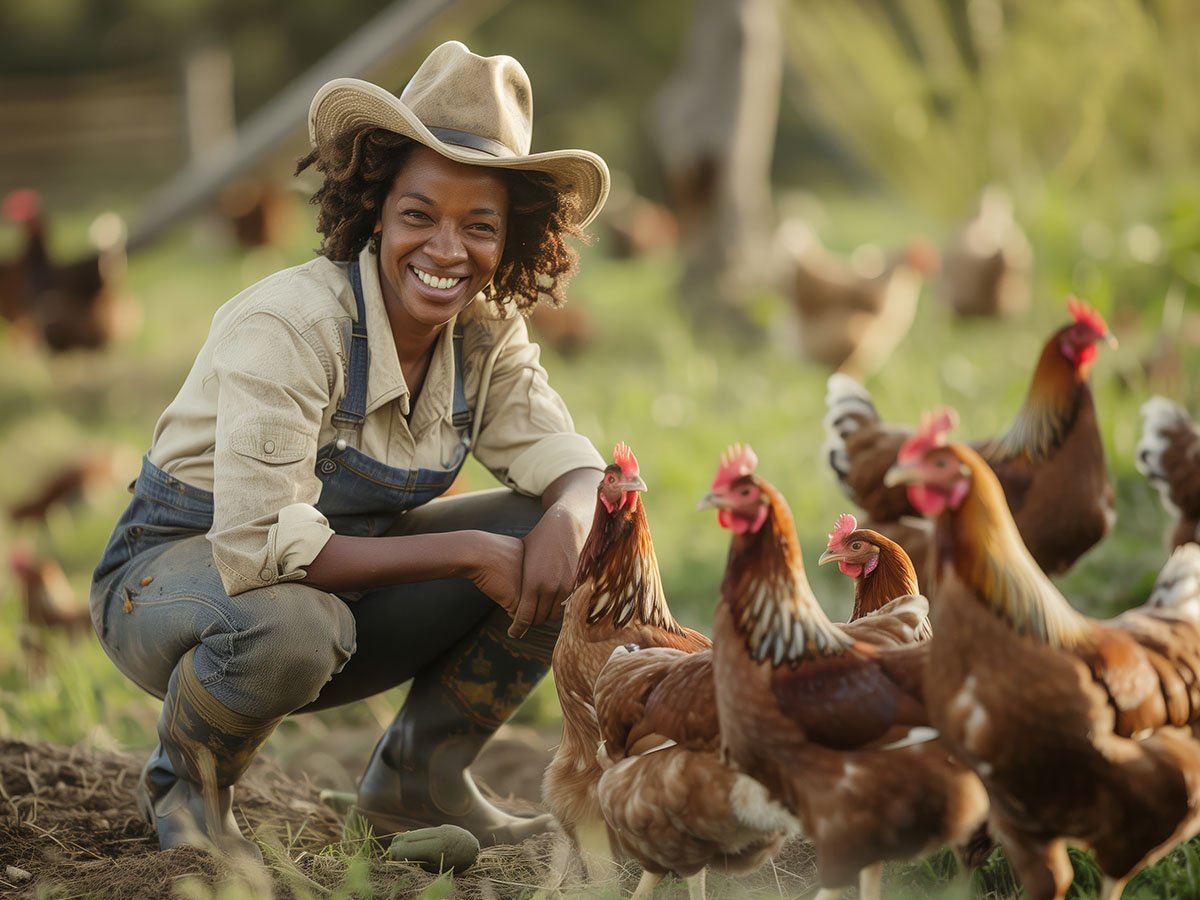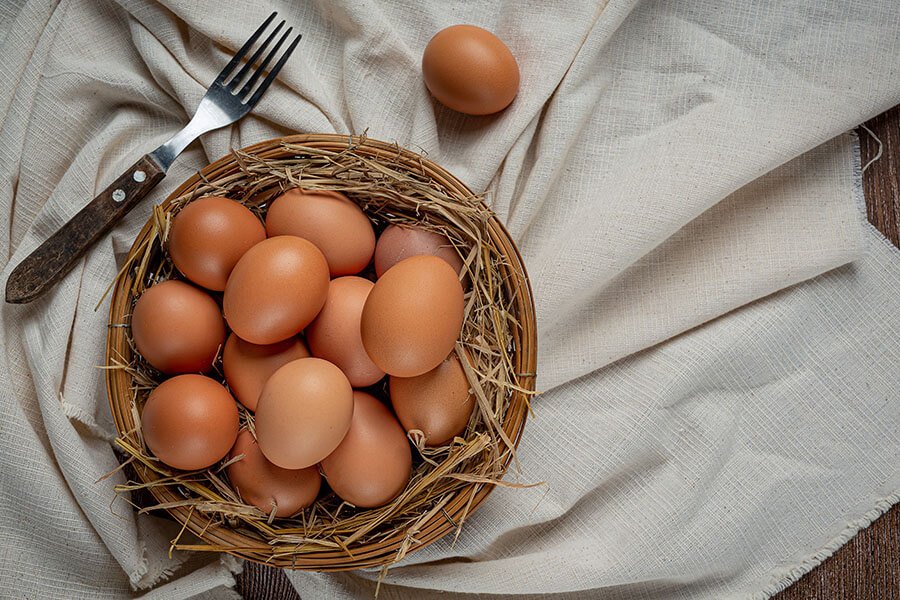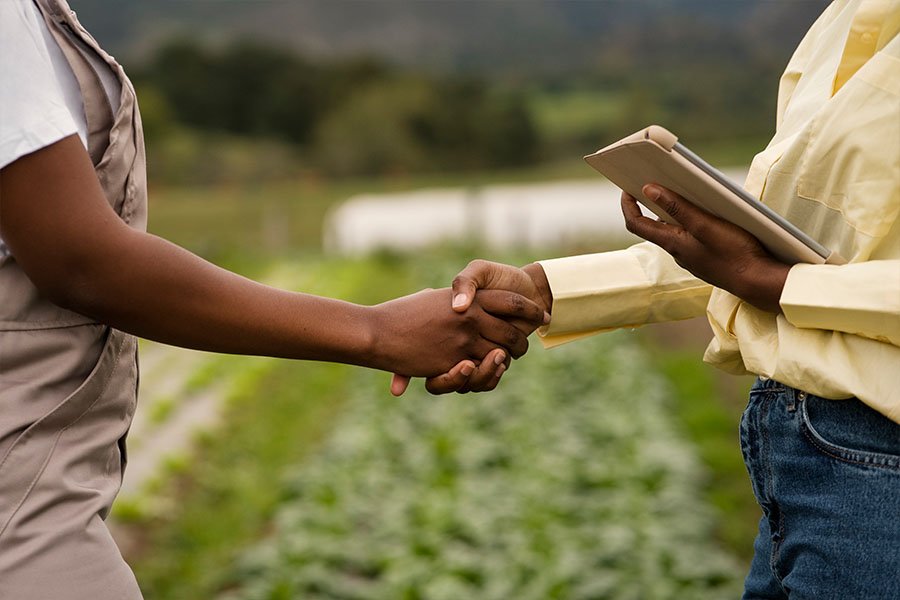Introduction: Cutting Through the Confusion
In a world where food travels through a maze of middlemen, packaging plants, wholesalers, and retailers before reaching your plate, one question lingers do you really know where your meat comes from? For many Kenyan households, hotels, and restaurants, the answer is unfortunately no. The traditional meat supply chain has become distant, opaque, and often dishonest.
But there’s a movement shifting how we source our food. It’s called Direct-to-Consumer (DTC) meat sourcing, and it’s the most transparent, traceable, and trustworthy way to buy meat today.
At the forefront of this shift in Kenya is Soba Renaissance, a proudly self-reliant farm and butchery enterprise offering premium, ethically raised, farm-to-fork animal products delivered directly to consumers no shortcuts, no hidden hands, just real food from real farmers.
What Does Direct-to-Consumer Meat Really Mean?
Direct-to-Consumer means purchasing your meat directly from the farm or producer, bypassing the brokers, abattoirs, cold storage chains, and supermarket markup. It’s a straight line from the field to your fork, with full visibility along the way.
With DTC sourcing, you’re not just buying meat you’re investing in:
-
Traceability: You know exactly where and how the animal was raised.
-
Freshness: Minimal handling and storage means your meat is never old.
-
Accountability: The farm stands behind every product they sell.
-
Ethics: Supporting humane, sustainable practices over mass production.
The Truth About the Traditional Meat Supply Chain
The typical meat supply chain in Kenya (and globally) involves multiple players farmers, middlemen, brokers, slaughterhouses, transporters, and retailers. This layered process:
-
Inflates prices without adding value
-
Increases the risk of contamination
-
Reduces meat freshness and nutritional quality
-
Makes it nearly impossible to verify animal welfare standards
And worst of all? It removes you, the consumer, from the story of your food.
Why DTC Is the Most Honest Way to Buy Meat
1. Transparency from Start to Finish
You know where your meat was raised, how it was fed, and what practices went into its care. With DTC, the story behind your meat is no longer a mystery.
2. Ethical Farming Practices
Most DTC farms, like Soba Renaissance, prioritize animal welfare, proper nutrition, and low-stress environments for livestock—things that are often ignored in the industrial food system.
3. Uncompromised Quality
Meat from direct suppliers is often fresher, more flavorful, and more nutrient-rich than meat that has been processed and stored for weeks.
4. Value for Money
With no added costs from middlemen, DTC offers better value for premium products.
5. Support for Local Food Systems
You’re not just buying meat you’re strengthening your country’s agricultural backbone.
Soba Renaissance: Direct, Honest, and Proudly Kenyan
At Soba Renaissance, we’ve made it our mission to do meat differently. Our approach is grounded in ethics, science, and self-reliance not industrial efficiency.
Here’s what sets us apart:
-
Farm-to-Fork Control: We raise, care for, feed, and process all our animals ourselves.
-
Zero Middlemen: You deal directly with us the people who produce what you eat.
-
Ethical Animal Treatment: Every animal is raised with dignity and monitored with care.
-
Advanced Farming Systems: From disease monitoring to nutritional science, our systems prioritize animal health and product quality.
-
Butchery with Integrity: Our meats are processed in-house, hygienically, and professionally.
Whether you’re a home cook in Nairobi or a hotel executive chef in Mombasa, Soba Renaissance gives you the confidence of knowing exactly what’s on your plate and why it’s different.
What Your Meat Choices Say About You
Choosing DTC meat isn’t just about food it’s about values.
-
It says you believe in honesty over convenience.
-
That you care about how animals are treated, not just how they taste.
-
That you want to support local farmers, not faceless corporations.
-
That you value freshness, traceability, and truth.
Kenya’s Future Is Direct, Ethical, and Local
As Kenya’s population grows and food systems evolve, we face a pivotal question: Will we prioritize transparency and trust—or stick with the status quo?
The answer lies in every meat order, every grocery list, and every family meal. Choosing direct-to-consumer meat is a powerful step toward a healthier, more ethical, and more sustainable Kenya.
And when that choice leads to Soba Renaissance, it’s not just honest it’s exceptional.
Choose Better. Eat Better. Live Better.
Don’t settle for mystery meat. Choose the farm that does it all and does it right.
Choose Soba Renaissance for honest, ethical, farm-fresh meat delivered from our field to your fork.





